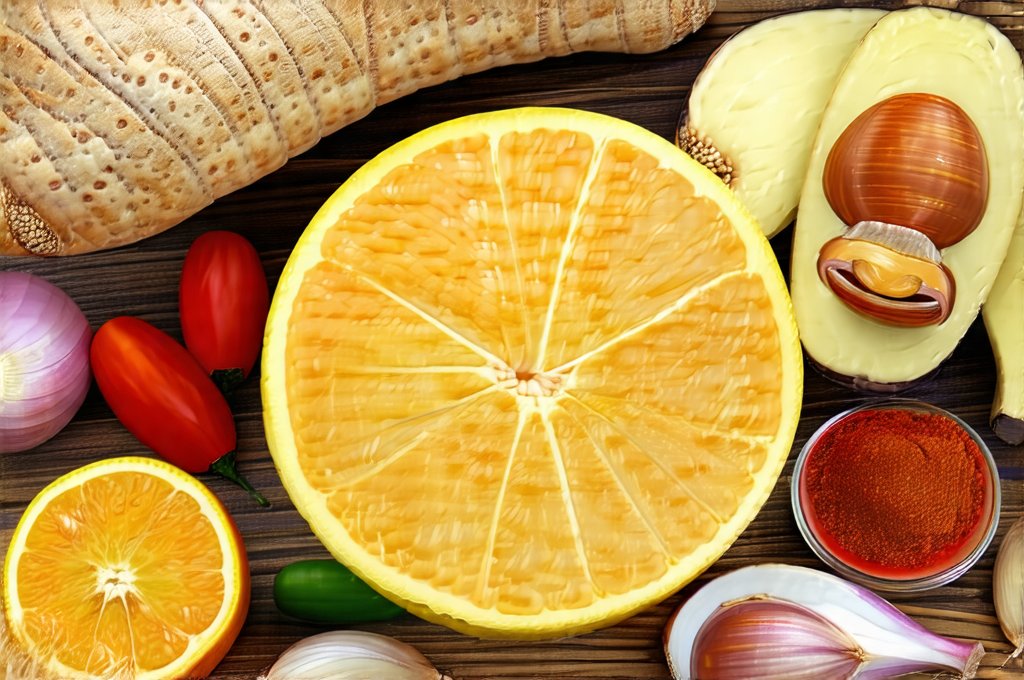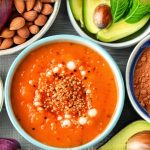Irritable Bowel Syndrome (IBS) is a chronic gastrointestinal disorder affecting millions worldwide. While manageable for some, others experience debilitating symptoms during flare-ups, including gas, bloating, abdominal pain, cramping, diarrhea, and constipation – often all at once! Navigating these flares can be incredibly challenging, but dietary adjustments play a significant role in symptom management. Understanding which foods exacerbate IBS symptoms versus those that offer soothing relief is crucial for regaining control of your digestive health and improving quality of life. This article explores food choices specifically designed to soothe gas and cramps during an IBS flare, offering practical strategies for navigating these difficult periods.
The goal isn’t necessarily about eliminating entire food groups (although some individuals may need to do that with guidance from a healthcare professional). Instead, it’s about strategically selecting foods that are gentle on the digestive system, minimize fermentation in the gut, and support healthy bowel function during times of heightened sensitivity. We will focus on identifying foods that help reduce inflammation, ease muscle spasms, and promote regular, comfortable digestion – ultimately providing much-needed relief when IBS symptoms strike. Remember to always consult with your doctor or a registered dietitian before making substantial changes to your diet, especially if you have underlying health conditions.
Understanding the Role of Diet in IBS Flares
IBS is highly individualistic; what triggers one person’s flare may not affect another. However, certain food categories are more commonly associated with symptom exacerbation. Fermentable carbohydrates – known as FODMAPs (Fermentable Oligosaccharides, Disaccharides, Monosaccharides and Polyols) – are often culprits because they’re poorly absorbed in the small intestine, leading to fermentation by gut bacteria which produces gas and bloating. High-fat foods can also increase intestinal motility, potentially causing diarrhea or cramping. Beyond FODMAPs and fats, individual sensitivities to specific foods like gluten, dairy, caffeine, or artificial sweeteners play a significant role. Understanding foods that create gas can be very helpful in navigating flare ups.
The key during a flare isn’t necessarily about restriction but modification. Focusing on easily digestible foods that are low in FODMAPs and fat can provide immediate relief. This often means prioritizing bland options, smaller portion sizes, and more frequent meals throughout the day to avoid overwhelming the digestive system. Hydration is also paramount, as dehydration can worsen constipation and exacerbate discomfort. A gentle approach, focusing on what you tolerate well, is far more effective than rigid elimination diets without professional guidance. When you’re feeling overwhelmed, remember why IBS and gas symptoms flare.
Soothing Foods for Immediate Relief
When a flare hits, turning to foods known for their calming properties can be incredibly beneficial. Boiled or steamed vegetables like carrots, potatoes (without skin), and green beans are generally well-tolerated due to their low FODMAP content and easy digestibility. Lean proteins such as chicken breast or fish provide essential nutrients without adding excessive fat that could trigger symptoms. Rice – particularly white rice – is another excellent choice because it’s gentle on the stomach and easily absorbed.
Bananas, especially slightly green ones, are a good source of potassium and pectin, both of which can help regulate bowel movements and soothe inflammation. Oatmeal (made with water, not milk) offers soluble fiber that can absorb excess fluid in the gut and reduce diarrhea. Ginger tea is renowned for its anti-inflammatory properties and ability to alleviate nausea and bloating, while peppermint tea can relax intestinal muscles and ease cramping. Probiotics, found in fermented foods like kefir (if tolerated), or supplements, may also help restore balance to your gut microbiome over time, though their immediate impact during a flare might be limited. Avoiding trigger foods is critical for many individuals.
Foods to Focus On During an IBS Flare
- Low FODMAP Fruits: Bananas (slightly green), blueberries, cantaloupe, honeydew melon
- Easily Digestible Vegetables: Carrots, potatoes (without skin), spinach, zucchini
- Lean Proteins: Chicken breast, fish, turkey
- Gentle Grains: White rice, oatmeal (made with water)
- Soothing Beverages: Ginger tea, peppermint tea, plain water
Foods to Temporarily Avoid During a Flare
Avoiding trigger foods can significantly reduce symptom intensity. Common culprits include:
– High FODMAP Foods: Apples, pears, onions, garlic, wheat, beans, lentils
– Fatty Foods: Fried foods, processed meats, full-fat dairy
– Caffeine and Alcohol: These can stimulate bowel activity and worsen diarrhea.
– Artificial Sweeteners: Sorbitol, mannitol, xylitol can cause gas and bloating.
– Spicy Foods: Can irritate the digestive system
Incorporating a Gradual Reintroduction Process
Once your flare subsides, don’t immediately return to your pre-flare diet. Instead, gradually reintroduce foods one at a time, observing how your body reacts. This process helps identify specific triggers and allows you to build a personalized dietary plan. Start with small portions of potentially problematic foods and monitor for any symptoms over 2-3 days before adding another food. Keeping a detailed food diary can be invaluable during this phase. If a particular food consistently causes discomfort, it’s best to limit or avoid it long term. Remember, the goal is not deprivation but rather finding a sustainable eating pattern that supports your digestive health and minimizes flare-ups. An IBS diet can be very helpful in this process. Many people find benefit from understanding why digestive symptoms flare up during seasonal transitions. And don’t forget the power of relaxing music; listening to relaxing music during meals can actually improve digestion!


















